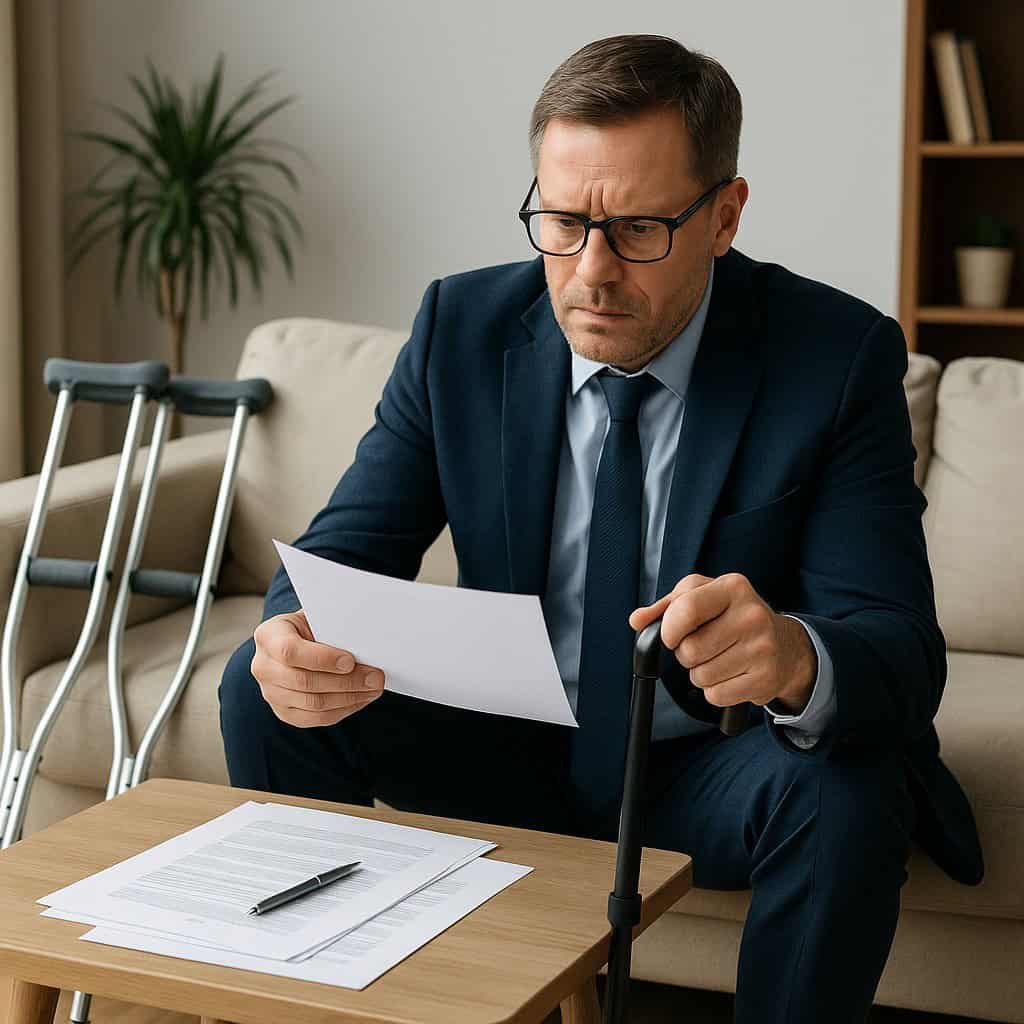Personal injury settlements in Seattle have reached significant levels, with King County courts processing thousands of cases annually. According to Washington State Office of the Insurance Commissioner data, personal injury claims in the Seattle metropolitan area have increased by over 15% in recent years, with many claimants receiving substantial settlements for their injuries. However, the settlement process doesn’t end with receiving compensation, and many individuals face unexpected challenges during the post-settlement phase that can significantly impact their recovery and financial stability.
Many people believe that after a personal injury settlement, the story is over. Yet, there are very important things that must be done in this phase that most claimants not only overlook but completely fail to do. For those navigating this complex process, understanding personal injury claims in Seattle can provide crucial guidance during both the settlement negotiations and the critical post-settlement period.
Understanding the Settlement Terms
Settlement agreements can contain a variety of terms, and knowing what they are is necessary. Most claimants fail to properly review those details. It’s important to know exactly what the settlement includes and under what conditions. If you know this, you will not be surprised later, and you know what you are getting into as well.
Managing Financial Responsibilities
Having some sort of settlement amount in hand can almost be too much to handle. If not planned out correctly, fund management can prove difficult. A financial plan forces you to prioritize your spending and your investments. Getting advice from a financial advisor will help you understand the tax consequences and long-term economic health. Taking this step can safeguard a steady income in the future.
Dealing with Medical Expenses and Ongoing Treatment
Settlements are not necessarily the end of medical costs. Claimants frequently forget to make provision for treatment that is currently being received and will be required in the future. By keeping track of these, you can be assured that there will be some amount of funds left. Talking to healthcare professionals about future care needs may also give a better idea of possible expenses.
Handling Emotional and Psychological Impact
The emotional toll of an injury follows but often gets overlooked. Most tend to treat just the physical injuries without caring much for mental health. Speaking with mental health professionals might help with getting through any trauma and adapting to any lifestyle changes. According to the National Institute of Mental Health, taking care of mental health is an important part of the larger puzzle of recovery and wellness.
Updating Legal and Personal Documents
After the settlement, there might be some documents that need to be amended. This will consist of legal documentation, insurance, and identification. Making sure all documents are up-to-date and in line with the current circumstances helps avoid future complications. This is an easy task, yet it’s often neglected.
Communicating with All Relevant Parties
Clear communication with everyone involved is critical. Notifying employers, insurers, and medical providers of the settlement prevents confusion. Regular updates are a great way to keep transparent relations and everyone on the same page.
Exploring Rehabilitation Options
Rehabilitation is important in recovery. Continuing physical therapy or other rehabilitation services may be given little attention by some. Considering options can provide improved treatment outcomes and a better quality of life. Consulting healthcare providers about these helps make informed decisions.
Reflecting on Lifestyle Adjustments
An injury can change daily routines and activities. These adjustments are typically undervalued by claimants. If you slow down a bit and reflect on what lifestyle changes you can make while finding help and support, then it may be a little easier to transition. Adaptability means adjusting physical activity or discovering new interests.
Building a Support Network
A good support network always helps the recovery process. Connecting with family, friends, or a support group is something that claimants should never overlook. Access to an experienced network provides emotional support as well as practical help. Talking to other people who have gone through the same process can provide you with incredible tips and perspective.
Learning from the Experience
There can be some lessons when a personal injury incident occurs. Looking back to learn from the experience helps prepare for future challenges. Recognizing the lessons learned helps develop and maximize resilience. It provides so much insight and personal growth.
Conclusion
The post-settlement process is more than just receiving a check. Keeping in mind the aforementioned things that often get missed helps claimants make a better transition and recover faster. Emphasizing understanding and planning, as well as health, provides the foundation for a more secure life after settlement.


